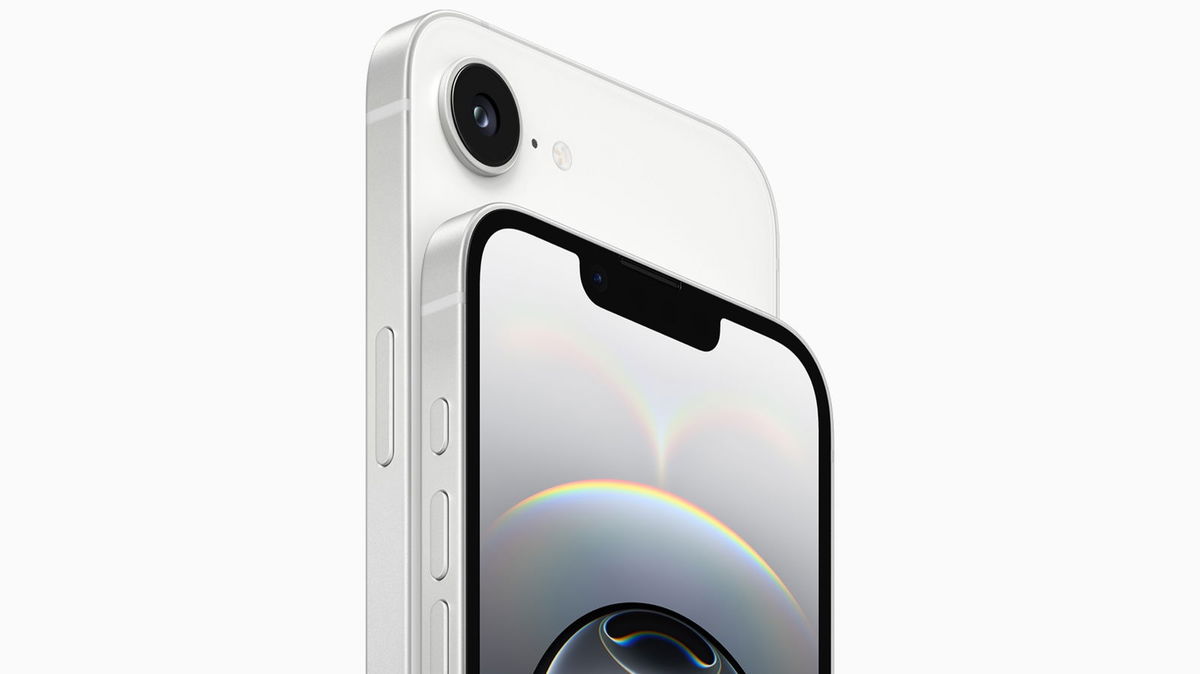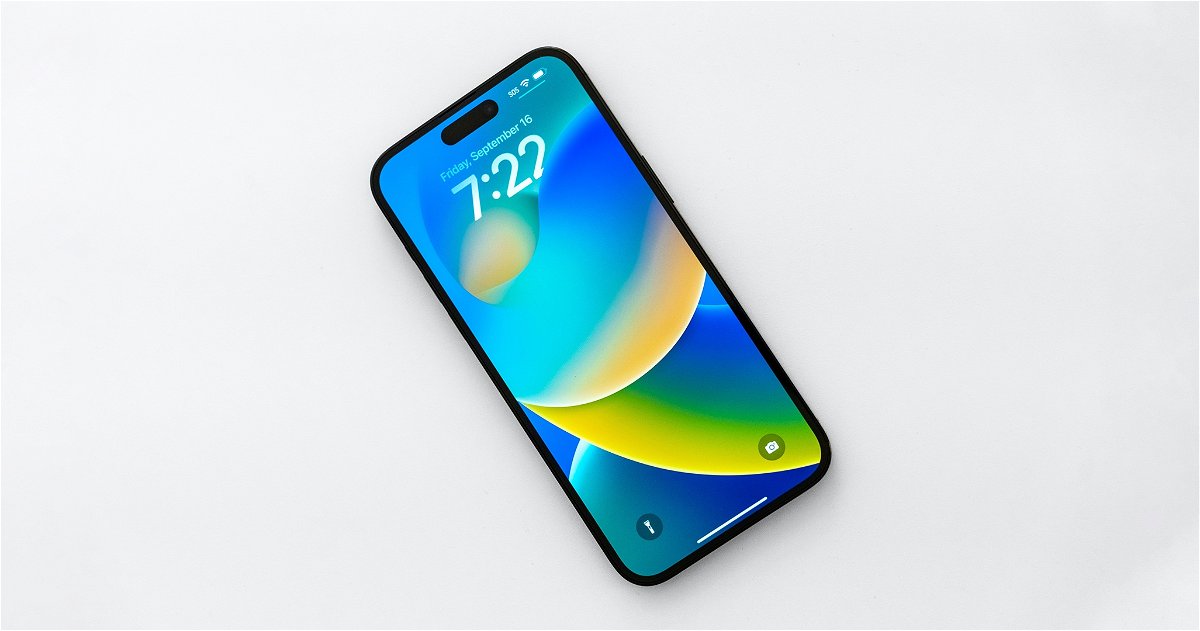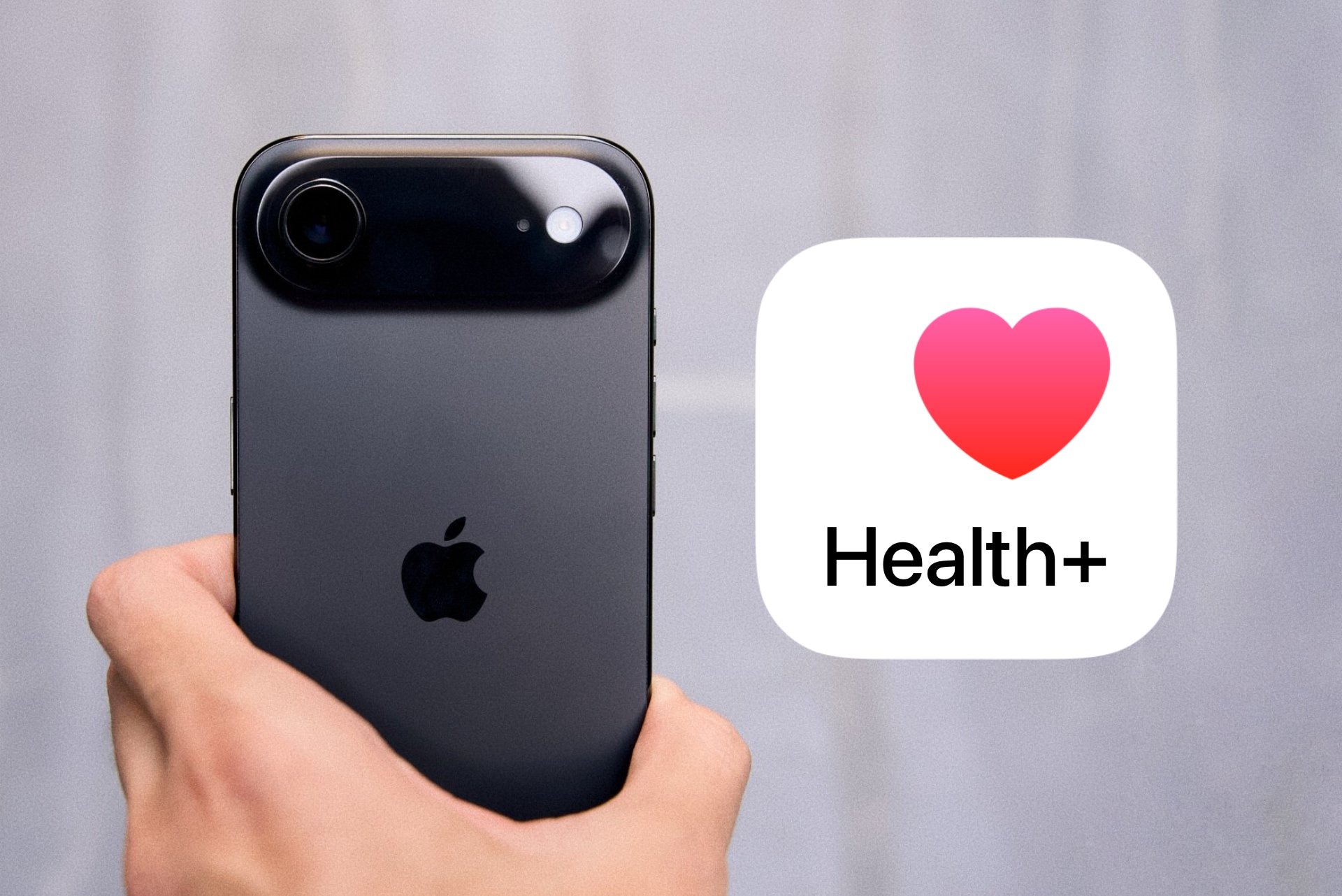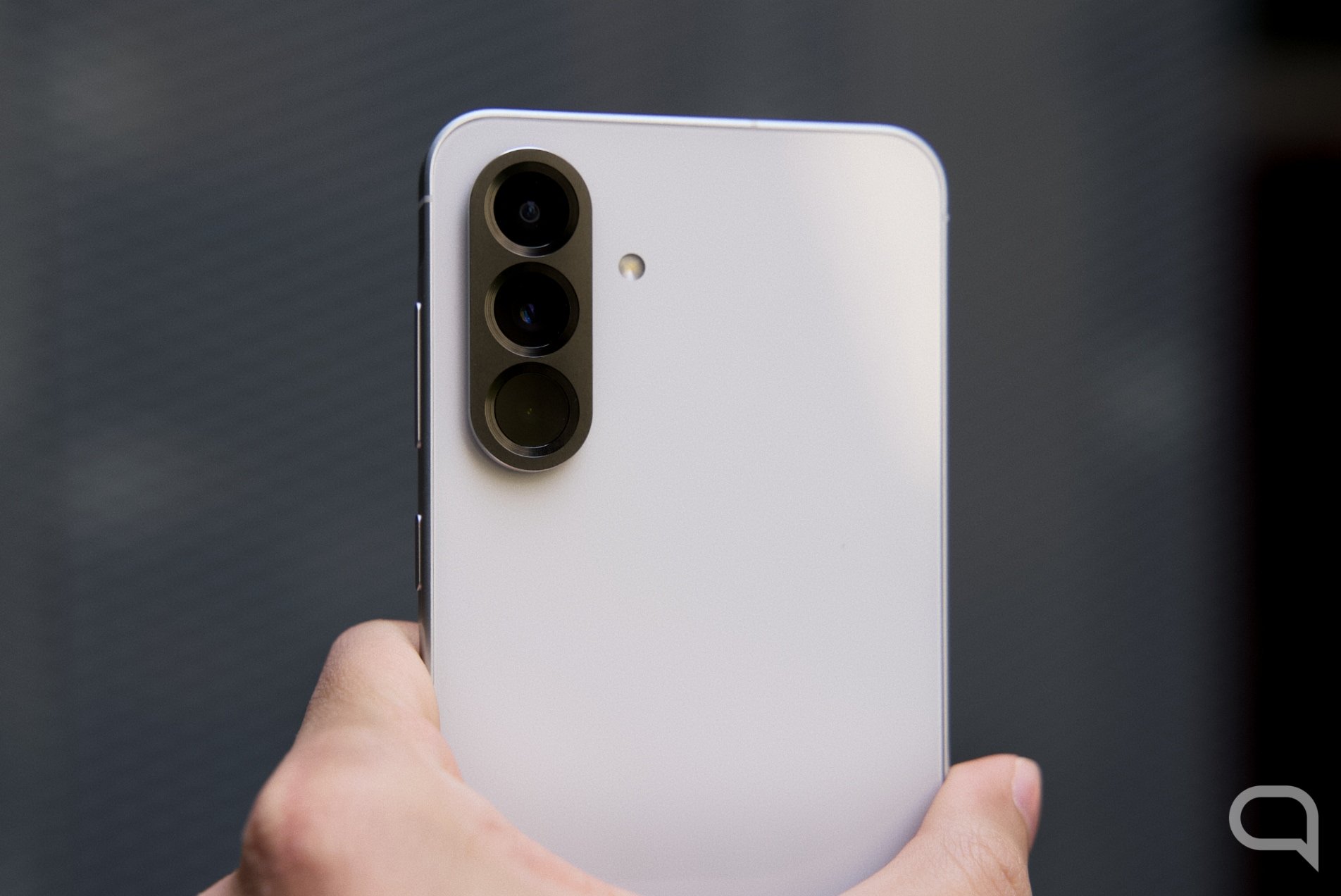iPhone 14 Pro’s Lightning connector shows why USB-C is so essential
The iPhone 14 Pro’s Lightning connector is still as slow as previous iPhones, and that’s a problem.
The Lightning connector is 10 years old and is still available on the new iPhone 14, iPhone 14 Plus, iPhone 14 Pro and iPhone 14 Pro Max, and this is a problem especially with these last two models. Much has been said about the transition to USB-C connectivity on the iPhone, and this proves once again that it is more necessary than ever.
The iPhone 14 Pro can take 48-megapixel photos in ProRAW format, weighing around 75MB, so these are really heavy files. And as confirmed MacRumors, The lightning connector on iPhone 14 Pro models still appears to be limited to USB 2.0 speeds of up to 480 Mbpsjust like previous models.

iPhone 14 Pro still uses Lightning connection. Photo via Jeremy Bezanger
iPhone 14 Pro has transfer problem due to Lightning
This basically means: Transferring photos from iPhone 14 Pro to a computer with a Lightning cable can take a long time, especially if it’s multiple files. It may seem like using the cable will be faster, but it may not.
It can Easily solved with the advent of USB type C connectionUSB-C 3.1 that can use USB 3.0 and speeds up to 5Gbps, even 10Gbps. On a device designed for professionals like the iPhone 14 Pro, this can be decisive. Transmitting large files can be up to 20 times faster.

iPhone 14 may be the last device to use Lightning connection. Photo via Jeremy Bezanger
Apple recommends using iCloud Photos To access and wirelessly send ProRAW files at full resolution on a Mac or other Apple device air drop. However, these are very useful systems if you have a Mac, but on other devices it is not so simple.
Curiously, In 2015, the first-generation iPad Pro’s Lightning connector was compatible with USB 3.0that is, it could reach speeds of up to 5 Gbps. But for some reason Apple chose not to do this on the iPhone, even though it was technically possible. We don’t know why.
Fortunately, rumors show that all iPhone 15 will have a USB-C port Instead of lightning. And this should solve this “bottleneck” that the Lightning connector is currently creating. We can achieve speeds of up to 10 Gbps, or even up to 40 Gbps Apple also adds support for Thunderbolt 3.
Source: i Padizate












